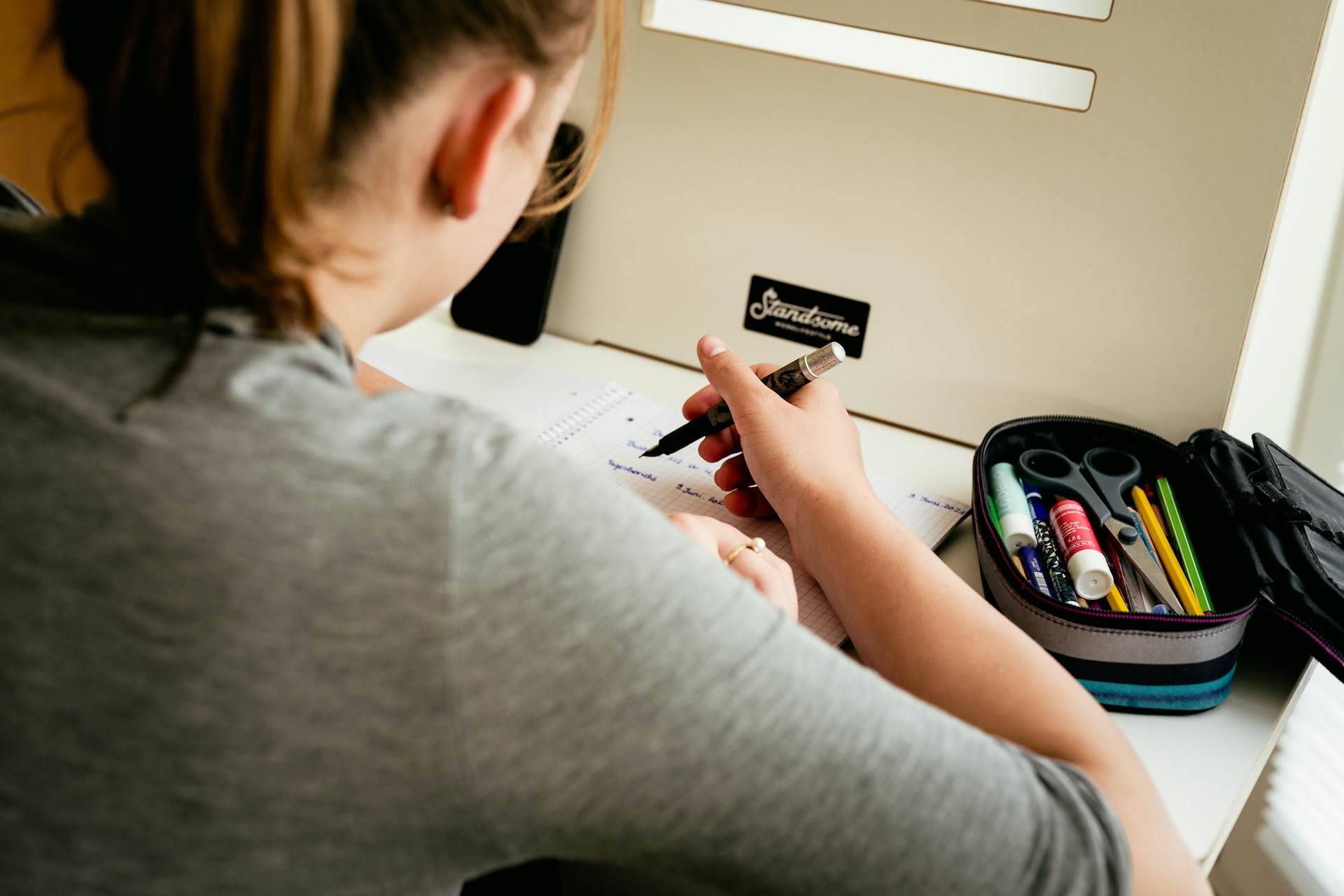Description
Ravensbourne University London
Victoria College of Arts & Design
Project Brief
Module code : BSM22001 (RAVE:24 -03-01-01)
Module title : Academic Development – Critical Thinking and Research
Level : 3
Assessment type : Project Portfolio
Weight : 100% of overall grade
Module leader : Ekaterine Gigashvili – ekaterine.g@vcad.co.uk
Word Criteria : Project Portfolio: Individual Reflective Essay 1000 words (+/-10%) Submission deadline : 13 February 2025 (15:59)
Module Learning Outcomes
LO1 Explain claims, inferences, and arguments through critical thinking and reflection.
LO2 Consider a range of research methodologies and literature.
LO3 Evidence written and verbal academic ability and integrity.
LO4 Communicate relevant and coherent arguments clearly, accurately, concisely, and logically.
Project Portfolio Description:
Produce a portfolio of the research you carried out for the items in bold above and reflect on your contributions. Your portfolio (LO1, LO2, LO3, LO4) should include the following:
Cover Page
Please use the RAVE Assignment Cover page which is allocated to VLE.
Introduction (max 50 words)
Outline the portfolio’s contents and the activities you will be reflecting on.
Activity 1: In-Class Group Debate (Word +/- 300 written individual reflection on debate)
The topic for debate: “Artificial intelligence brings more harm than benefits to human society.”
Activity 2: Research Activities (Word +/- 300 written individual reflection on research activity)
- Research a chosen topic related to your subject matter. The research must cover evidence supporting both sides of the argument (e.g. research should be carried out on evidence that supports the statement above AND evidence that disagrees with the statement).
- Analyse evidence to support your findings.
- Document your research process and reflect on how it contributed to your critical thinking.
Activity 3: In-Class Presentations (Word +/- 300 written individual reflection on presentation)
- Prepare and deliver a presentation on your research findings to your peers (Max 5-6 presentation slides)
- Use visual aids and engage your audience effectively.
- Reflect on your presentation experience and the critical thinking skills you utilised in developing your content.
Conclusion (max 50 words)
What did you learn from your group experience? Did you experience personal development and growth or face challenges? Did you and your team develop a stronger friendship? Please share your thoughts and any key learnings from activities.
Individual Reflective Essay
Produce a 1000-word reflection (essay format) on the content of the above activities, including a conclusion focusing on the critical thinking skills you used or needed to explore and contribute to each. Use Gibb’s model of self-reflection for this.
The Individual Reflective Essay should be structured in the following way (including word count indication):
- Official RAVE Cover Page
- Introduction (50 words)
- In – class Debate (300 words)
- Research Activity (300 words)
- In-class Presentation (300 words)
- Conclusion (50 words)
- List of References
- Appendix (Screenshot of your research findings)
(Refer to “Student tentative answer guidelines” found on VLE)
Reference List
Please use RAVE/Harvard referencing style.
Essential Reading List –- Harvard referenced ·
Atkinson, I. (2014). The creative problem solver: 12 smart tools to solve any business challenge. Harlow, England; New York: Pearson.
- HBR’s 10 must reads on innovation. (2013). Boston, Massachusetts: Harvard Business Review Press
- Christensen, C.M. (1997). The Innovator’s Dilemma: When New Technologies Cause Great Firms to Fail Boston, Mass.: Harvard Business Review Press.
- Ogden, J. (2019). Thinking critically about research: a step-by-step approach. Abingdon, Oxon; New York Routledge.
- Wilson, J. (2022). Understanding research for business students: a complete student’s guide. Los Angele Sage.
- Ridley, M. (2021). How innovation works: and why it flourishes in freedom. New York: Harper Perennial.
- Rutherford A., (2021) How to Think Critically. ARB
To receive high quality, AI and plagiarism free solution to this task, please contact us through WhatsApp +254716353533



